Diezani Alison-Madueke
Diezani Alison-Madueke, minister of petroleum resources, is resisting attempts to make her assume an important role in the Organisation of Petroleum Exporting Countries (OPEC) because she would lose her position in government, TheCable understands.
This is thought to be President Goodluck Jonathan’s way of easing her out of government following a series of allegations against the minister, who is the first woman to occupy the powerful position in Nigeria.
TheCable had reported early June that Jonathan was planning to ease Alison-Madueke out of his cabinet as part of efforts to revamp the image of his government.
Jonathan saw an opportunity when the position of OPEC secretary-general was about to be vacant.
Advertisement
There was a conflict between Saudi Arabia and Iran ─ who both wanted to field candidates in what could have caused internal division within the trade cartel.
Alison-Madueke’s hurried nomination by Nigeria was meant to break the deadlock ─ and she could have become the first female secretary general of the 12-member organisation.
But the cartel resolved to extend the tenure of the incumbent, Abdullah al-Badri, for a further six months, with some interpreting the decision to mean a rejection of the Nigerian nominee on the account of her public image.
Advertisement
A vote is due in December for al-Badri’s replacement and the nomination of Alison-Madueke is on the cards again.
But a petroleum ministry source told TheCable that she will not accept the nomination, which will have come two months to the presidential election in Nigeria and eased some burden on Jonathan, who is accused of treating her with kid gloves.
“Madam has indicated that she is going nowhere,” the source said, revealing that she would rather be president of OPEC since that would allow her to keep her position as Nigeria’s minister of petroleum.
If Nigeria assumes the presidency of the organisation in December, Alison-Madueke can still remain petroleum minister, unlike the position of secretary-general which requires a day-to-day presence at the conference’s secretariat in Vienna, Austria.
Advertisement
It is still uncertain how the deadlock between Saudi Arabia and Iran ─ two of the five founding members of OPEC ─ will be broken.
Al-Badri was due to step down as secretary-general in December 2013 but the deadlock led to the extension of his tenure by six months.
The unbroken deadlock led to a further renewal of al-Badri’s tenure by six months in June, taking him to January 1, 2015 when a new secretary-general could be sworn in.
Alison-Madueke is the alternate president of OPEC and is allowed to preside over meetings in the absence of or with the consent of the president, Bijan Namdar Zanganeh, the Iranian minister of oil.
Advertisement
Al-Badri is from Libya.
Advertisement
1 comments
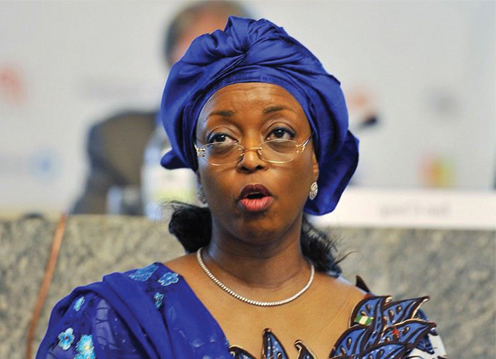
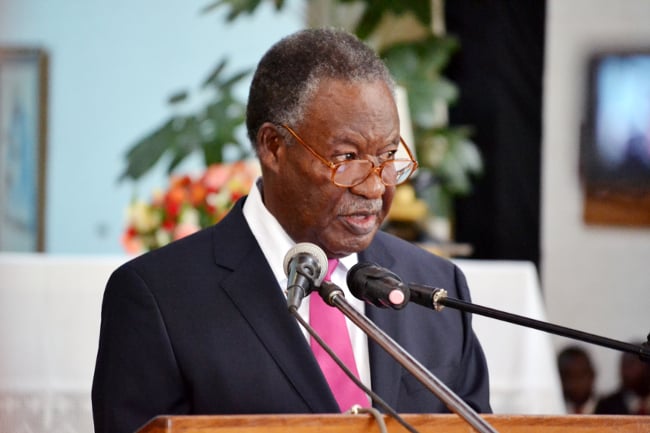
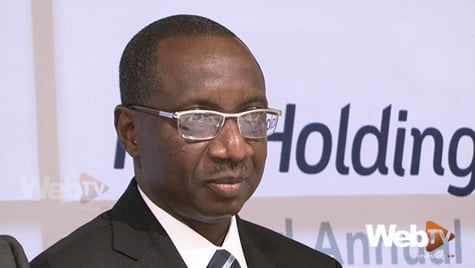
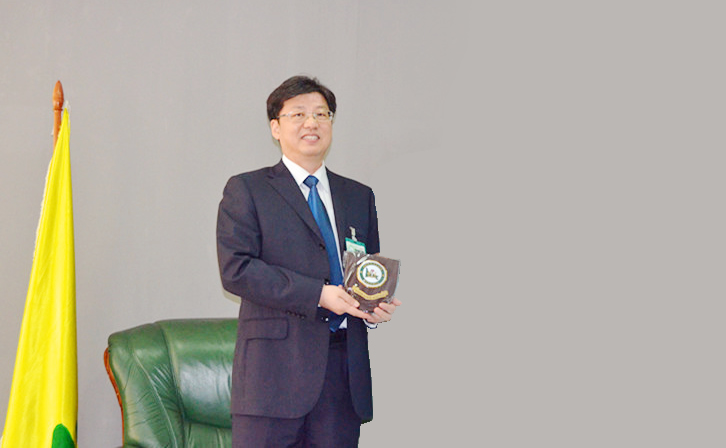
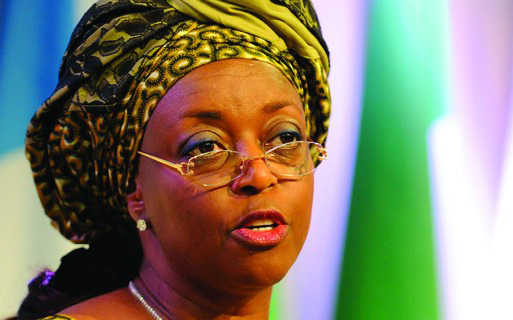
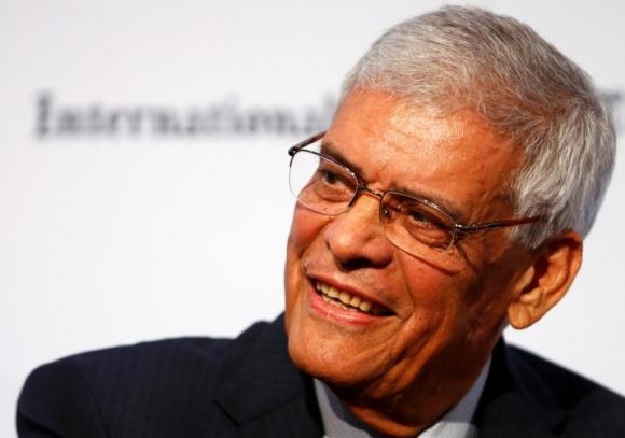
And she is in charge of appointing and relieving herself of official duties now in Nigeria right?